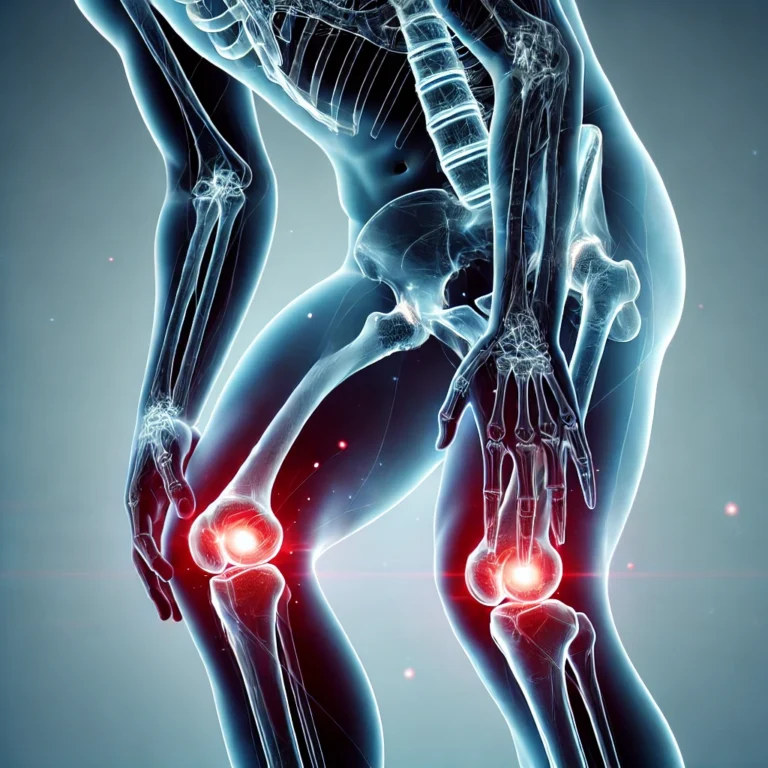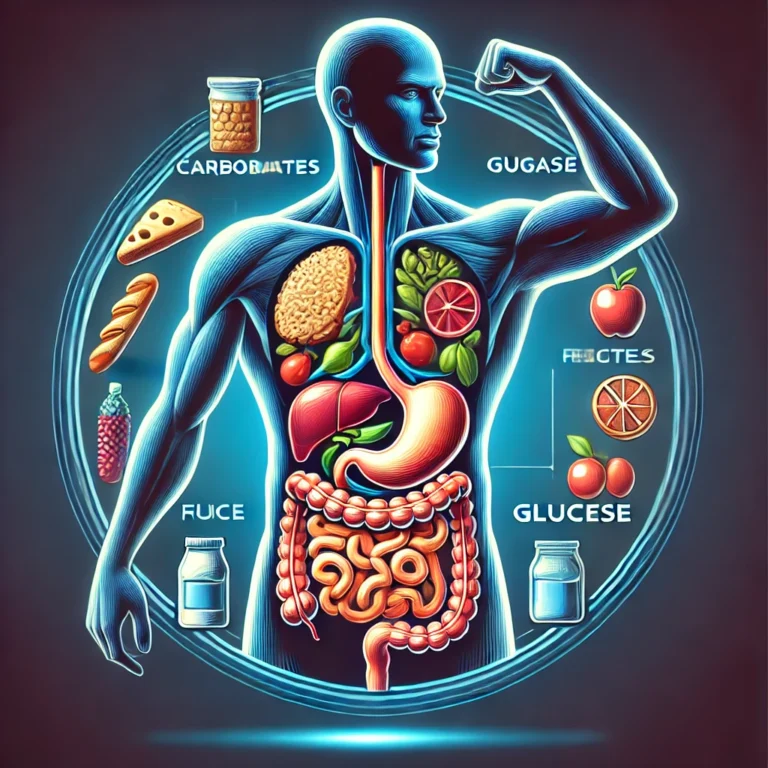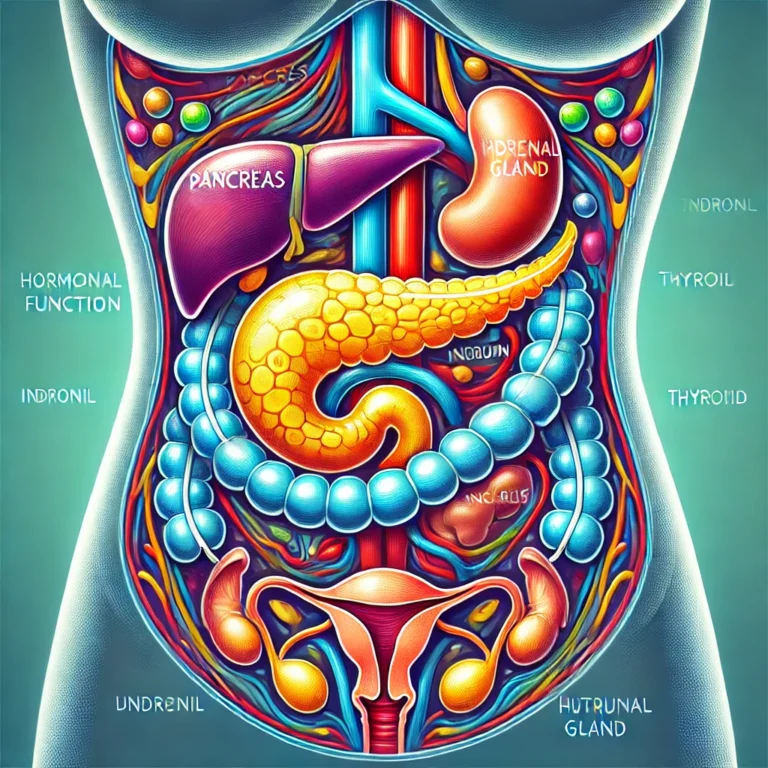*This post may contain affiliate links for which I earn commissions.*
Fatigue in seniors is a common phenomenon, and I know it can sneak up in various ways to my cost. The tiredness they feel isn’t only physical; it can also be mental and emotional tiredness. Understanding why this happens is the first step to overcome it.
Many older adults experience a decline in energy levels that begins to gradually affect their daily activities. Imagine wanting to do the things you love but always feeling too drained to enjoy them. This can make life less fulfilling in so many ways. These affects can be both mental and physical.
Not addressing fatigue can lead to a build up of a vicious cycle. Feeling constantly tired can reduce your motivation to stay active or eat well, further exacerbating the problem. It’s like a loop that feeds itself.
This is normal (to some extent) as you age. In some people it affects them in their early 60’s and some earlier or later. I got to 69 before I really noticed it, but I am fairly sure it was there before then to a lesser degree.
Because it’s pretty widespread, there are researched solutions and strategies specifically aimed at helping older adults find more physical and mental energy.
Medical Conditions Contributing to Fatigue
Various medical conditions can leave seniors feeling wiped out. Anemia, for instance, reduces the number of red blood cells. Red blood cells are essential for carrying the oxygen from your lungs to the rest of your body. Without enough oxygen, fatigue sets in pretty quick.
Thyroid disorders are another major culprit. Both hyperthyroidism and hypothyroidism can disrupt how your body effectively uses energy, making you feel perpetually exhausted.
When your heart isn’t pumping efficiently or your blood sugar is out of balance, your body has to work harder to perform even basic tasks. This constant strain can drain your energy, leaving little for essential repairs, which in turn makes you feel more fatigued.
Mental health issues like depression and anxiety often manifest as physical exhaustion. Persistent worry, sadness or grief takes a toll on your energy reserves, leaving you feeling drained.
Knowing if a medical condition is contributing to fatigue is the first step to getting to grips with tiredness. Regular check-ups can help diagnose underlying issues. Once you begin to manage these conditions you will inevitable feel less tired. It’s important to have open and honest conversation with your healthcare providers. They can and will suggest treatments, lifestyle changes, or medications that have the potential to significantly improve your energy levels.
Medications and Their Side Effects
Prescription medications can be lifesavers, but they sometimes come with a downside. You may be wondering how medications can cause fatigue. Many of the most commonly prescribed medications for seniors, like those for high blood pressure, allergies, or depression, list drowsiness and tiredness as major side effects.
Antihistamines: Medications like diphenhydramine (Benadryl) are often used for allergies or as sleep aids. These work by blocking histamine receptors in the brain, which can reduce alertness and cause drowsiness. Seniors are particularly sensitive to these effects because their bodies metabolize drugs more slowly, leading to prolonged effects.
Benzodiazepines: Drugs such as lorazepam (Ativan) and diazepam (Valium) are prescribed for anxiety or sleep disorders. They enhance the effect of the neurotransmitter GABA, which has a calming effect on the brain. However, this also leads to sedation and drowsiness, which is often more pronounced in older adults due to changes in brain chemistrythat happen with aging.
Opioids: Pain medications like oxycodone or hydrocodone work by binding to opioid receptors in the brain, altering the perception of pain. This action also slows down brain activity, leading to drowsiness. Seniors are at higher risk of experiencing this side effect because of increased sensitivity to opioids and a higher likelihood of taking multiple medications.
Antidepressants: Certain antidepressants, especially tricyclics like amitriptyline and selective serotonin reuptake inhibitors (SSRIs) like sertraline, can cause drowsiness. They affect neurotransmitter levels in the brain, which can interfere with normal sleep-wake cycles.
Antipsychotics: Medications like quetiapine (Seroquel) and olanzapine (Zyprexa) are sometimes prescribed to seniors for conditions like dementia or mood disorders. These drugs block dopamine receptors and other neurotransmitters, leading to sedation as a side effect.
Blood Pressure Medications: Some antihypertensive drugs, such as beta-blockers (e.g., metoprolol) or alpha-adrenergic blockers such a clonidine, can cause drowsiness. They lower blood pressure when they relaxi the blood vessels or reduce the heart rate, which can reduce overall energy levels and make a person feel tired.
As frustrating as it is it is a tradeoff. It is one reason why Catherine the co owner here does not take pharmaseutical interventions. She chooses to be very very selective in her diet and eats nutrient rich foods.
Hwever, just becasue it is a trade off doesn’t mean you have to accept the tiredness. Talk to your doctor abd explain how tired you are. He/she may be adjust your dosage or switch you to a different medication.
Sometimes, it can be a matter of timing—taking certain medications earlier in the day might help reduce their impact on your energy levels.
Don’t hesitate to ask about alternatives. There might be non-medicinal treatments available for some conditions, from lifestyle changes to physical therapy. Don’t underestimate your pharmacist they are highly trained. They can provide valuable insights into which medications might be causing fatigue and suggesting ways to counteract it.
Diet and Nutrition
Nutrition plays a pivotal role in how energetic or tired we feel. Nutritional deficiencies, like a lack of iron, vitamin D, or B12, can directly contribute to chronic fatigue. These nutrients are crucial for maintaining energy levels, and their absence can leave you feeling perpetually drained.

Eating a balanced diet creates a solid foundation for good health. Consuming a variety of fruits, vegetables, lean proteins, and whole grains ensures you’re getting the vitamins and minerals your body needs to function optimally. Skipping meals or relying on processed foods can leave you with gaps in your nutrition, leading to tiredness.
Hydration is another key player in the fight against fatigue. Dehydration can sneak up and cause tiredness, so it’s essential to drink enough water throughout the day. Sometimes, just increasing your water intake can make a noticeable difference in how you feel.
Incorporating small, frequent meals can help maintain your energy levels. Instead of three large meals, five smaller ones can keep your blood sugar stable and prevent that mid-afternoon slump. Snacks rich in protein and complex carbs, like nuts or yogurt, can be lifesavers.
If you’re unsure about your nutritional status, consider consulting a dietitian. They can help create a personalized nutrition plan to address deficiencies and ensure you’re eating in a way that supports sustained energy.
Sleep Patterns and Disorders
Aging often brings changes in sleep patterns. You might find yourself waking up earlier, having trouble falling asleep, or waking frequently during the night. These disruptions can lead to a lack of restorative sleep, leaving you feeling tired throughout the day.
Sleep disorders are also common among older adults. Conditions like sleep apnea, where breathing repeatedly stops and starts during sleep, can severely affect sleep quality. Insomnia, too, can make it difficult to get the amount of sleep your body needs.
Improving sleep quality involves establishing good sleep hygiene. This means sticking to a consistent sleep schedule, even on weekends, and creating a relaxing bedtime routine. Avoiding heavy meals, caffeine, and electronics close to bedtime can also help signal to your body that it’s time to wind down.
It’s worth discussing any sleep issues with a healthcare provider. They can conduct sleep studies to diagnose conditions like sleep apnea or recommend treatments for insomnia. Sometimes, simple changes like using a CPAP machine or cognitive-behavioral therapy for insomnia (CBT-I) can drastically improve sleep quality.
Understanding and addressing sleep patterns and disorders can significantly affect how energized you feel during the day. Quality sleep isn’t just about quantity; it’s about ensuring your body and mind get the rest they need.
Physical Inactivity and Sedentary Lifestyle
Lack of physical activity is a significant contributor to fatigue. When the body isn’t used to regular exercise, it often feels sluggish and weak, making everyday tasks seem more exhausting than they need to be.
Incorporating regular exercise into your routine can have a profound impact on energy levels. Physical activities such as walking, swimming, or yoga are gentle on the body while still providing the benefits of exercise. These activities improve cardiovascular health, increase muscle strength, and boost mood, all of which contribute to feeling more energized.
Finding the right exercise is crucial. Not all activities are suitable for everyone, especially if there are existing health conditions or mobility issues. Consulting a physical therapist or fitness instructor who specializes in senior fitness can help tailor an exercise program that meets your needs and limitations.
Staying active isn’t just about exercise; it’s about breaking up long periods of sitting. Simple actions like stretching, standing up, or walking around the house every hour can alleviate feelings of tiredness. Small, frequent bouts of activity can add up and make a noticeable difference in your overall energy levels.
Overcoming barriers to staying active is essential. This might involve finding a walking buddy, joining a class, or integrating physical activity into daily routines. The key is to make moving a regular part of your day, rather than something that feels like a chore.
Emotional and Mental Well-being
Emotional and mental health significantly affect energy levels. Feeling lonely or isolated can be emotionally draining, leading to physical fatigue. Maintaining connections with family and friends can make a big difference, providing emotional support and combating feelings of loneliness.
Engaging in activities that stimulate the mind also helps. Puzzles, reading, or learning something new can keep the brain active and sharp, indirectly boosting overall energy. These activities provide a sense of achievement and purpose, which positively impacts mental well-being.
Participating in social activities or joining groups with similar interests allows for interaction and engagement, offering mental stimulation and reducing feelings of isolation. Volunteering, taking up a hobby, or being part of a community group can offer new opportunities for social interaction.
If emotional challenges become overwhelming, seeking help from a mental health professional is important. Therapy or counseling can provide strategies for managing stress, anxiety, or depression, significantly improving quality of life and energy levels.
Balancing emotional health by addressing social needs, stimulating the mind, and seeking professional help when needed creates a holistic approach to combating fatigue. It’s not just about physical health; mental well-being plays a vital role in maintaining energy levels.
Chronic Pain and Its Management
Chronic pain is a common issue among seniors and it can be incredibly draining. Persistent pain, whether from arthritis, back issues, or other conditions, takes a toll on energy levels. The constant discomfort can make even simple tasks feel like a huge effort.
Pain often interrupts sleep, leading to a vicious cycle of exhaustion and more pain. When you’re not sleeping well, your body doesn’t get the chance to repair itself, which can exacerbate pain and leave you feeling persistently tired.
Effective pain management is key to breaking this cycle. This can involve a combination of medication, physical therapy, and alternative methods like acupuncture or massage. Finding the right mix might take time, but it’s essential for improving quality of life.
Exercise, despite seeming counterintuitive when you’re in pain, can actually help. Low-impact activities like swimming or gentle stretching can reduce pain and increase energy levels. Strengthening the muscles around painful joints provides better support and lessens the strain on them.
Communication with healthcare providers about pain levels and management strategies ensures that pain is being addressed comprehensively. Sometimes, adjusting medication or exploring new therapies can make a significant difference in how you feel day to day.
Pain management isn’t one-size-fits-all. Tailoring a plan that suits your specific needs and consistently reviewing its effectiveness can take the edge off chronic pain, helping you reclaim your energy and vitality.
Environmental Factors and Lifestyle Choices
Lifestyle choices and your environment can significantly influence how fatigued you feel. Habits like smoking and excessive alcohol consumption can drain your energy reserves, making it harder to stay active and engaged throughout the day.
The space you live in matters, too. A cluttered or chaotic environment can be mentally exhausting and visually overwhelming. Keeping your living space organized and clean can create a more serene setting, which in turn can boost your overall energy levels.
Natural light plays a big role as well. Exposure to sunlight during the day helps regulate your sleep-wake cycle, making it easier to feel alert during the day and sleepy at night. Aiming for at least 30 minutes of daylight exposure daily can promote better sleep and increase daytime energy.
Creating an environment that supports regular physical activity is also beneficial. Simple changes like setting up a designated exercise area or having easy access to outdoor spaces can encourage more movement. The more active you are, the better you’ll feel.
Lifestyle changes, like reducing caffeine intake in the evening and maintaining a consistent sleep schedule, also help manage energy levels. Small adjustments can make a significant impact on how well-rested and energized you feel.






